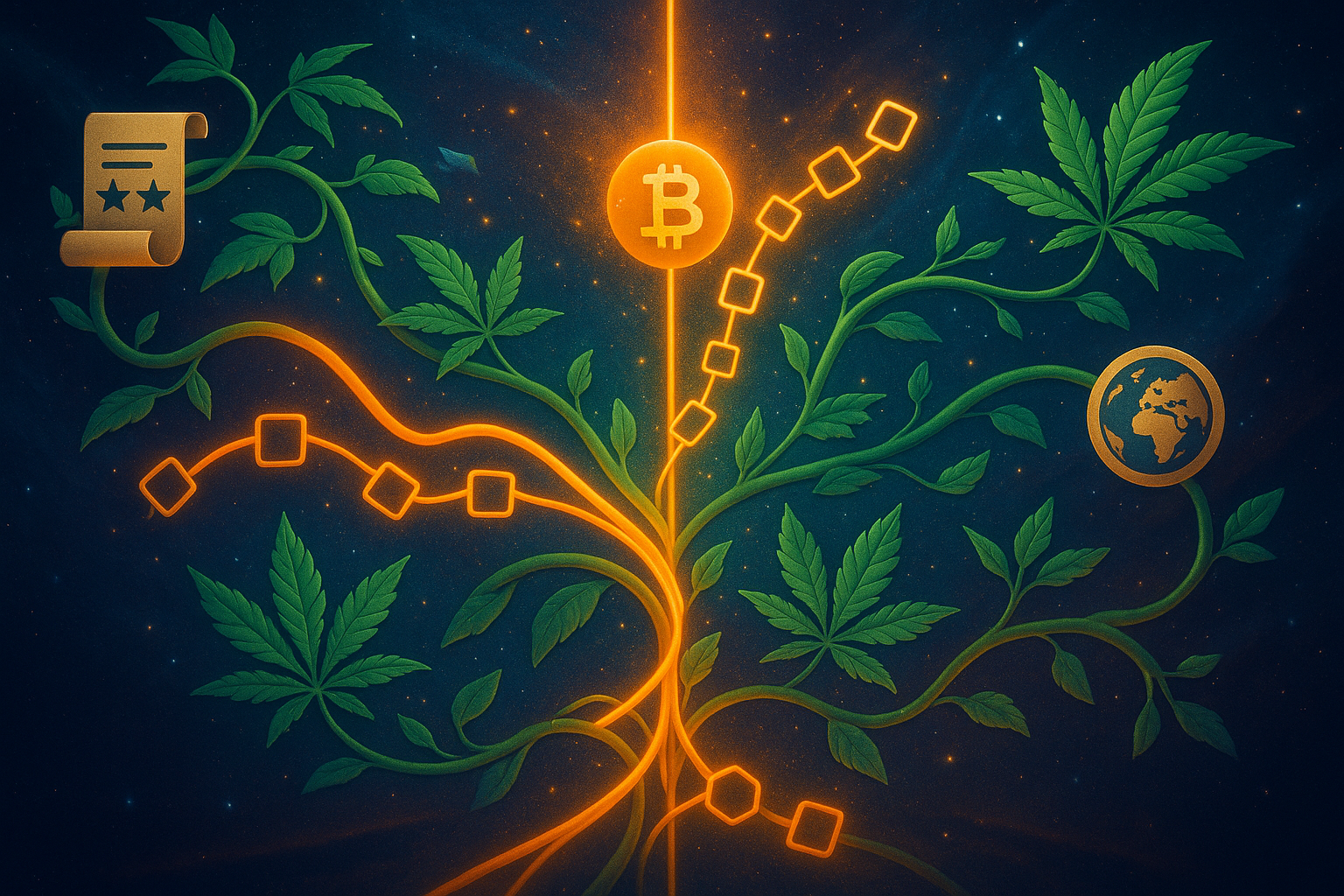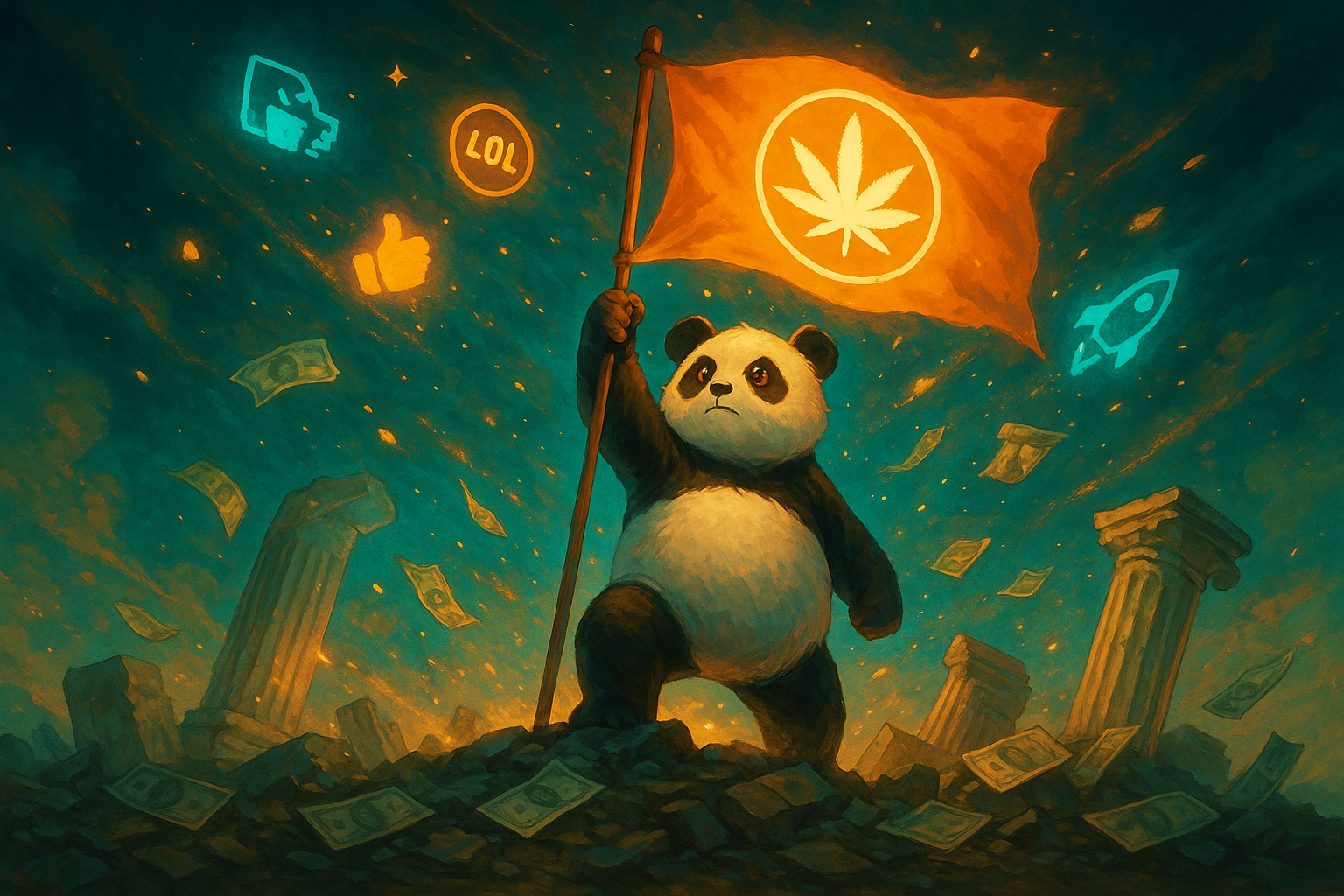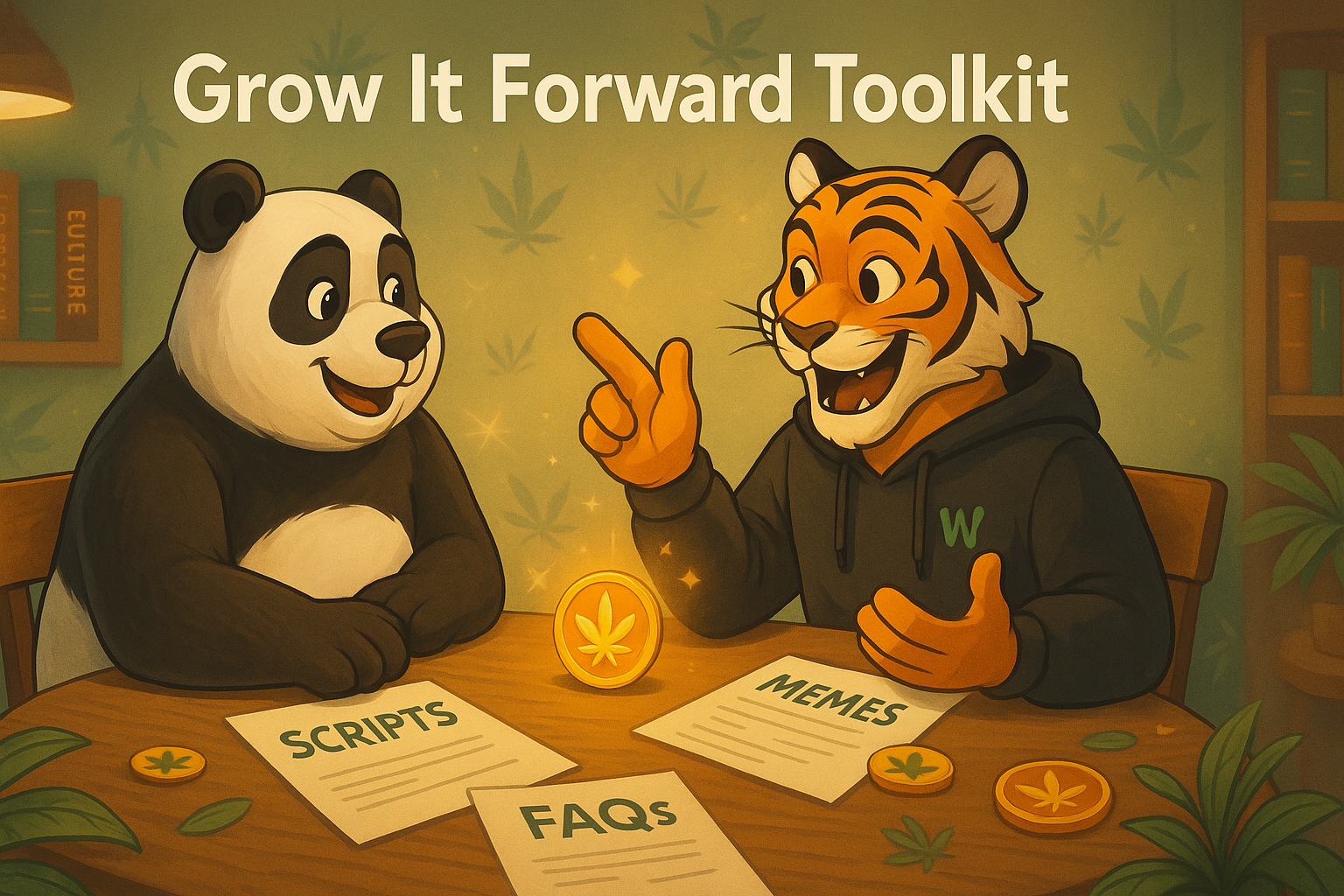World Tokens: How the GENIUS Act Is Turning Money Into a Bridge
The World Is Already Tokenized. Now It Has a Flag.
This week, the U.S. Senate quietly passed a law that could echo louder than any treaty in the last decade.
The
GENIUS Act — a bill regulating stablecoins — was voted in 63 to 30. No parade. No cultural uproar.
Just a quiet signal to the world:
“Your money can move. As long as we say so.”
But in the undercurrents of regulation, a new kind of bridge is forming — not of banks and borders, but tokens and trust.

They’re Not Just Coins Anymore. They’re Culture.
For years, stablecoins like
USDC and
USDT were seen as nerd tools. Tech for traders. Grease for crypto.
But what happens when
Walmart issues its own digital dollar?
What happens when
Amazon,
Visa,
Meta, and
JPMorgan start building cross-border tokens?
You don’t just get new money.
You get a new system of
global influence — where tokens represent not just dollars,
but
values,
access, and
control.
From Street Sellers to Sovereigns
Imagine a vendor in Lagos or a farmer in Argentina getting paid in corporate-stamped coins,
audited by U.S. regulators but spent in local markets.
Is that freedom?
Or is it colonization — just coded cleaner?
The GENIUS Act demands every coin be
fully fiat-backed. Auditable. Regulated.
But it doesn’t say who gets left behind.
It doesn’t define who owns the pipes. The exits. The upgrades.
And that’s why this moment matters.
Tokens as Bridges or Borders
This isn’t just legislation.
It’s
architecture.
We’re watching the rails of tomorrow being welded by hands that speak in corporate policy and regulatory silence.
Will these bridges carry us toward unity — or fence us in?
Web3 is built on
optionalism.
The right to choose your tool.
Your wallet.
Your chain.
Your future.
The GENIUS Act may legitimize tokens,
but it also hands their
shape to the same systems Web3 was meant to outgrow.
Weedcoin’s Stand: Tools Must Serve Culture — Not Control It
We believe in tokens that connect — not conquer.
We believe in stable value that respects local people, not just global investors.
And we believe that world tokens must mean more than U.S.-approved liquidity — they must carry human dignity, decentralized access, and freedom from imposed custody.
Practical Tips
- Watch what banks and brands tokenize — then ask who benefits
- Use wallets that let you choose your network, not just the most regulated one
- Don’t assume regulation = safety; understand the intent
- Follow projects like Weedcoin that center people before protocol
- Share this story — the cultural layer is often left out of the money
Key Takeaways
- The GENIUS Act may legitimize stablecoins, but raises sovereignty concerns
- Corporate tokens are coming fast — from Walmart to Meta
- Token rails must reflect cultural freedom, not just fiat backing
- This is a global moment — not just a regulatory win
- The future of money is now a battle of narrative, not just tech
So What Happens Now?
Now, we speak.
Now, we write.
Now, we host Spaces that
cut through silence with clarity.
Now, we show the world that tokens can be truth, not tools of compliance.
Because if we don’t define “World Tokens” — someone else will.
🌱 Join Us Live Tonight
We’ll break this all down in tonight’s X Space:
“World Tokens: GENIUS Act, Corporate Money, and the Rise of Global Stablecoins”
Let’s decode what this really means — for people, power, and the token next door.













